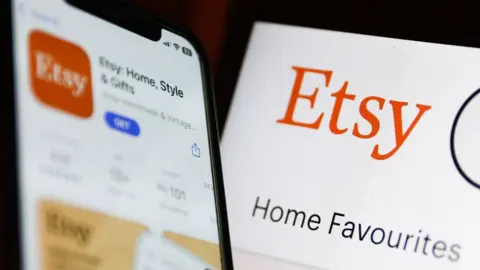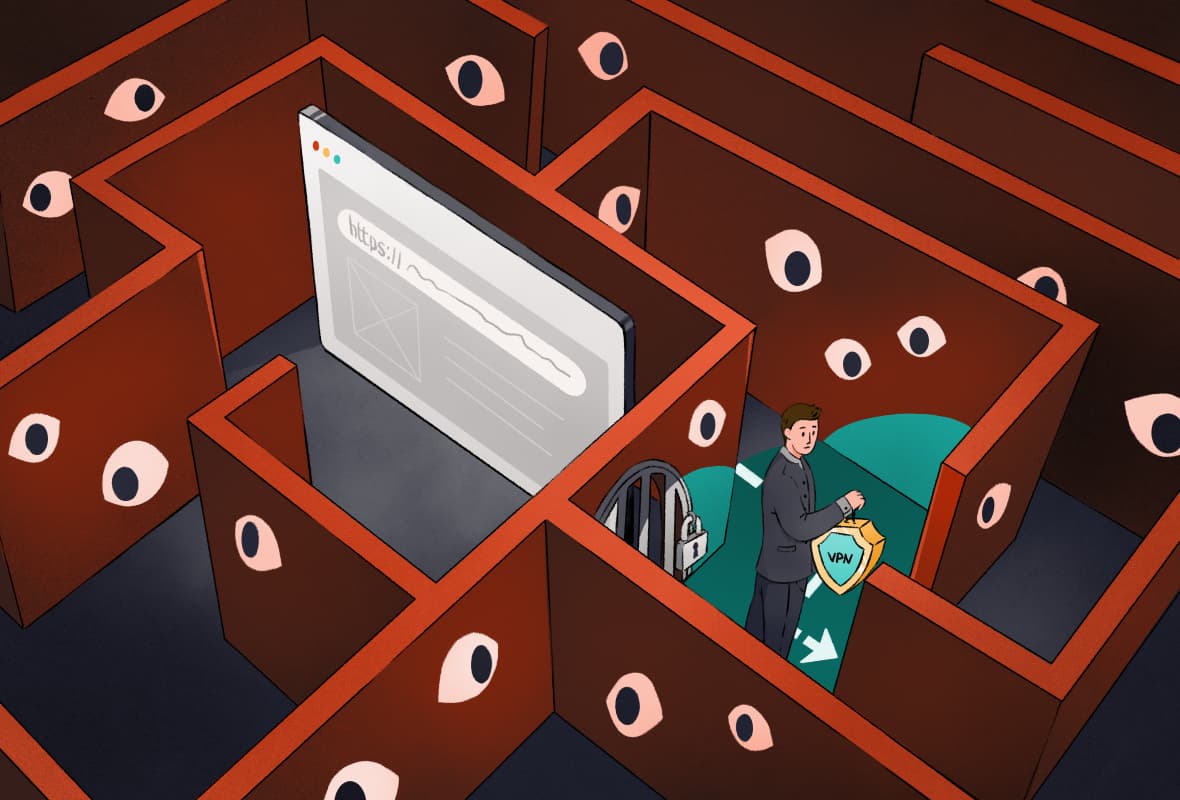
Etsy’s Controversial Ban on Sex Toys: A Backlash from Sellers
The recent announcement from Etsy regarding the ban on sex toys and various erotic items has sent shockwaves through its community of sellers. This policy shift is set to be enforced starting July 29, with the marketplace prohibiting items that, when modeled, expose body parts such as female nipples or the cleft between the buttocks. In a statement, Etsy explained that these new rules reflect the “evolving industry standards” and aim to keep users safe.
 Etsy’s new policy has faced considerable backlash from its sellers.
Etsy’s new policy has faced considerable backlash from its sellers.
The Outcry from Sellers
The reaction from affected sellers has been one of disappointment and outrage. Many feel betrayed by a platform they helped build. Anna, a creator from Simply Elegant Glass who specializes in crafting adult glass products, voiced her concerns: “As creators who have helped make Etsy what it is and who have remained loyal to their platform for years, we feel betrayed.” She argued that the new policy could devastate her sales and that migrating her business to other platforms, such as Shopify, would be like “starting anew.”
The ban exemplifies a wider trend, as similar pressures are mounting on online platforms globally to shield minors from explicit content and to eliminate illegal or harmful materials. Etsy has defended its decision as necessary to maintain a safe environment for users amidst this growing scrutiny.
According to Etsy’s Alice Wu Paulus, the intent behind the policy is to enable creative expression while adhering to new standards. “We carefully crafted this policy with the goal of continuing to enable creative expression and the spirit of our marketplace,” she stated. However, many sellers argue there are better solutions than blanket bans, suggesting that clearer labeling and separating adult product listings could address concerns without penalizing creators.
Economic Impacts of the Ban
The economic repercussions of this decision are significant. Sellers who have relied on Etsy for a substantial part of their income find themselves scrambling to adapt. One seller based in the Czech Republic highlighted the issue, stating, “This means that many people have just 30 days to find a new job because the self-driven traffic to a standalone website may not be sufficient.” The challenge extends beyond just finding new platforms, as the stigma surrounding adult products may hinder sellers from securing traditional employment if they list a sex toy business on their resumes.
The economic fallout from Etsy’s ban raises concerns for many small businesses.
Mike Stabile from the Free Speech Coalition critiqued Etsy’s decision, labeling it as a move towards “sweeping sitewide censorship.” This reflects a broader tension between content moderation and the rights of artists and entrepreneurs within the adult industry.
Mixed Reactions Among Sellers
Interestingly, the response among sellers is divided. While a significant amount of backlash exists, some sellers on Etsy forums have expressed support for the new rules, although they are left questioning how effectively these changes will be enforced. The dilemma remains as creators navigate their relationships with online platforms amid these evolving policies.
As Etsy outlines which specific products and representations are now prohibited—like adult toys designed for insertion or any advertising of sexual services—the clarity might only go so far. What will happen to the thriving niche markets that creative entrepreneurs have carved out on this platform?
The Fight for Artistry
Anna’s commitment to her artistry reveals a poignant truth about the implications of such bans. Her journey in the glass-blowing craft speaks to the passion many sellers have for their work. Since 2015, she has channeled her expertise into creating artistic adult products, merging craft and expression.
In light of these developments, the debate continues—what is more vital: the safety and comfort of platform users or the creative freedom of sellers who express their artistry through adult products? As legislation and societal norms evolve, platforms like Etsy face the challenge of catering to both sides.
Artistry in crafting sex-related products faces new challenges under policy changes.
Conclusion: A Crossroad for Etsy
Etsy is currently at a crossroad. The situation demands careful consideration of community input while balancing evolving safety standards. As more communities and artists react to the potential implications of these policies, Etsy may need to rethink its approach to adult product listings. The future of the platform could hinge on its ability to foster a marketplace where creativity flourishes without compromising user safety.
In this ongoing saga, one thing remains clear: both creators and consumers alike are watching closely as the boundaries of creative expression are tested in the digital marketplace. This development will undoubtedly have lasting impacts, not just for Etsy, but for how adult products are sold online.












